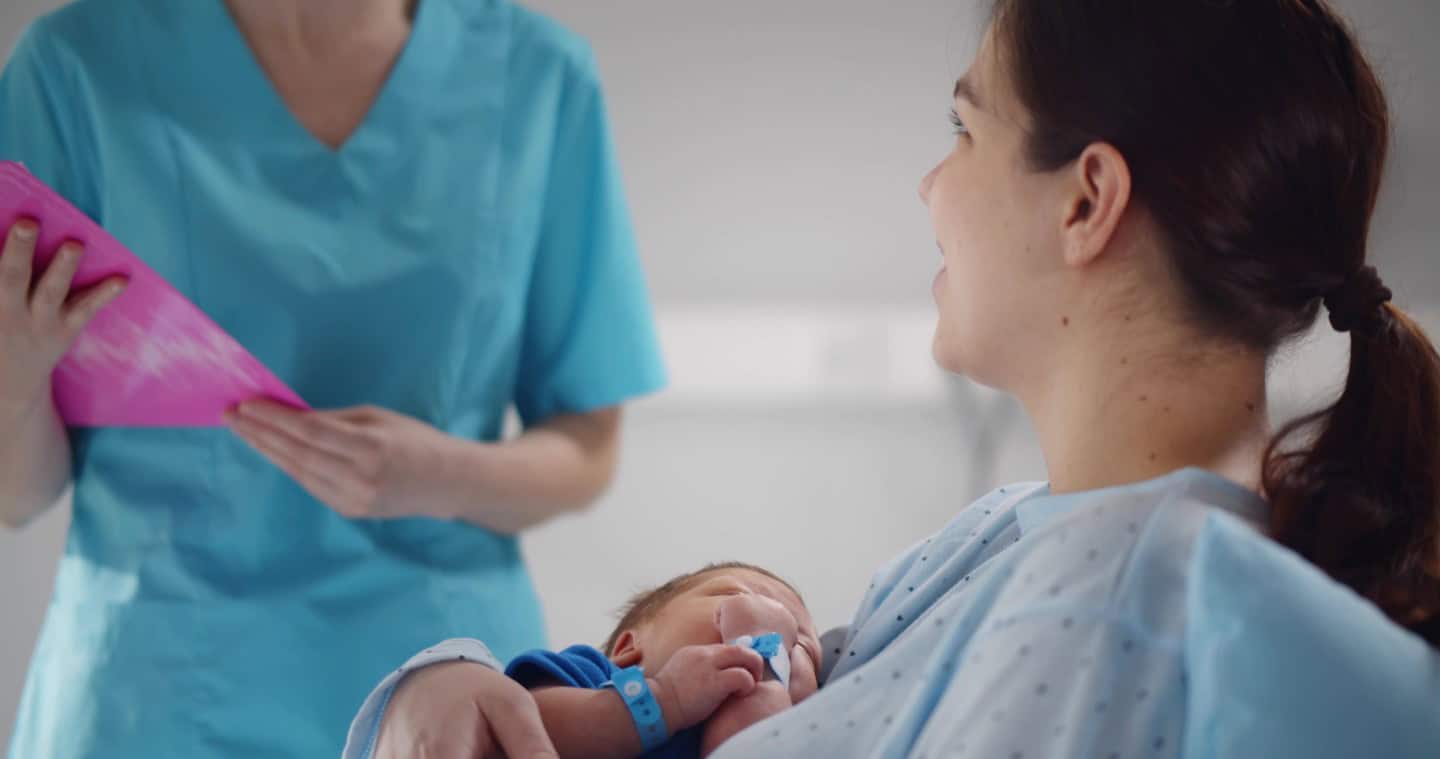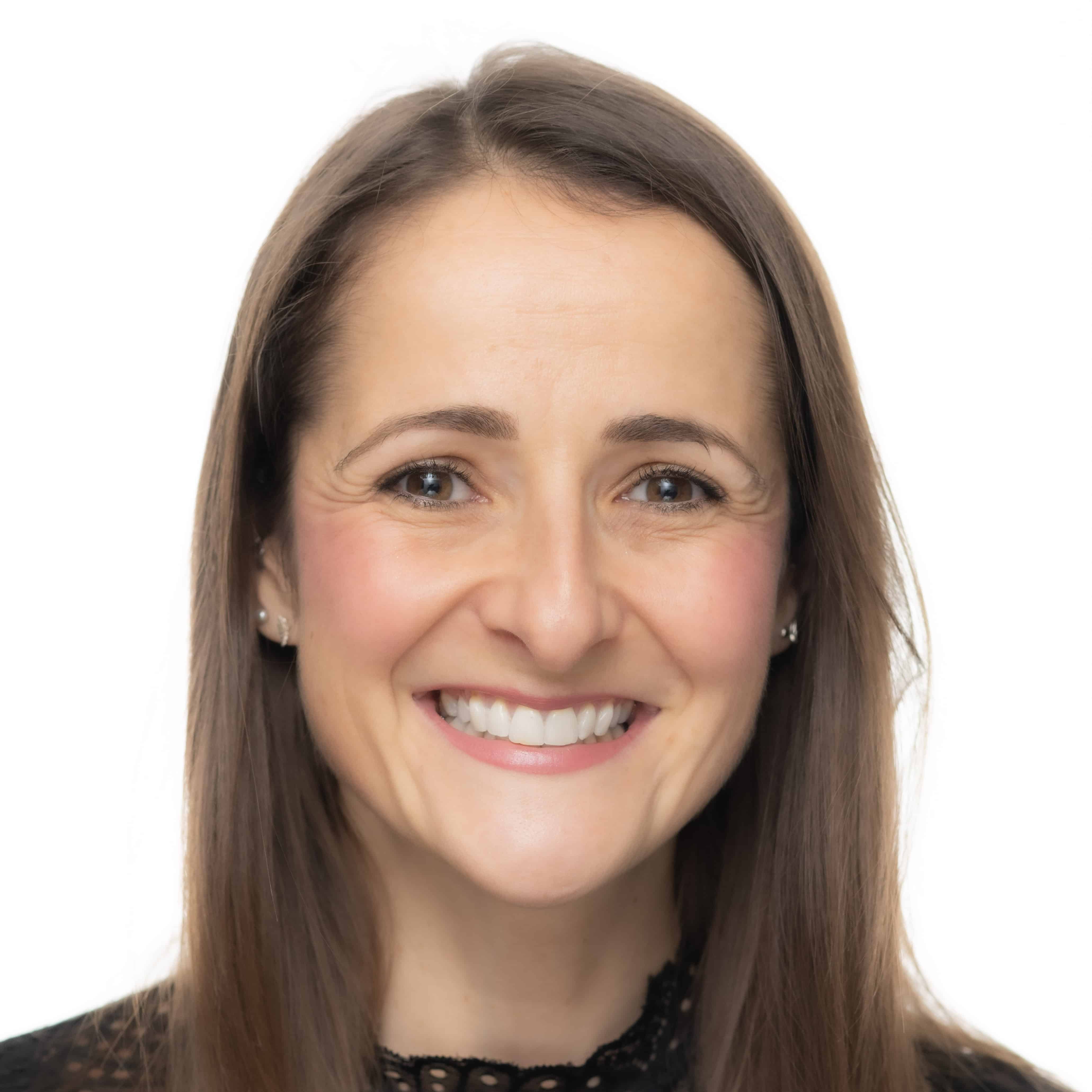
The vicious circle of midwife staff shortages – the cycle continues
Work pressures are driving nurses and midwives away, according to the BBC, commenting on the Nursing and Midwifery Council’s [NMC] latest annual report.
As experienced midwives continue to leave the profession in droves, with serious repercussions for the quality of maternity care and potentially catastrophic outcomes, I’d like to outline the reasons most often cited for leaving the profession and explore briefly, the often-disastrous consequences of this exodus. I do so, from my perspective as a Partner in the Child Brain Injury Team at Bolt Burdon Kemp, with over 35 years’ experience in the field of clinical negligence.
Reasons for leaving
The Nursing and Midwifery Council reports that, at a time of rising demand for health and care services, it is good news that the number of nurses, midwives, and nursing associates overall has risen compared to last year, and that the number of people leaving the profession has fallen slightly. But the largest cohort of people leaving – and their reasons for leaving – continue a long and extremely worrying trend that greatly undermines the apparently good news.
According to the NMC survey of leavers, retirement remains the most common reason for leaving the profession. One of the immediate consequences of greater numbers of experienced midwives retiring from the profession is that newly qualified midwives lack adequate senior support, including training, skills sharing and supervision. This leads to stress and disenchantment, low morale, increased sickness rates, inadequate cover, overstretched staff, less safe care, and further demoralisation, aggravating in turn problems with staff retention. Tragically, this is nothing new. In fact, in 2008 the Kings Fund identified exactly these problems as being the source of concerns in maternity services, along with poor management, lack of resources and constant reconfiguration of the system.
It should come as no surprise, therefore, that while retirement remains the most common reason for leaving the profession, this is compounded by burnout and exhaustion, lack of support from colleagues, concerns about the quality of people’s care, workload, and staffing levels. And, as predicted, most of those leaving the profession now are doing so earlier than planned, with almost a quarter leaving much earlier than they’d expected. Essentially, experienced staff leave because they’re fed up working in unsafe environments.
Consequently, junior staff numbers increase and often the only staff working in maternity units are newly qualified staff. The units are then run on the bare minimum with a poor skill-mix detrimental to patient safety and a high turnover of staff, while junior staff are left unsupervised and without adequate support from more senior colleagues.
Staff shortages have long been a common theme across maternity scandals. The investigations into Northwick Park Hospital (2006), University, Hospitals of Morecambe Bay (2015), Shrewsbury and Telford Hospitals (2021), Cwmtaf, Morgannwg, Hospital University Health Board (2019), East Kent Hospitals University NHS foundation Trust (2020/2021), and Nottingham University Hospitals Trust (September 2020) all spring to mind. And yet another investigation has just been launched into the care provided at Southend, Basildon and Broomfield Hospitals maternity units.
What are the consequences for mothers and their babies?
In a nutshell, the consequences are potentially – and in my experience all too frequently in fact – disastrous.
Inexperienced staff are more likely to make mistakes. As the more complex and high-risk work is shifted on to new inexperienced midwives there is a lot of potential for life-threatening and life-changing conditions to be missed. Midwives without general nurse training or a period of time in acute medical settings and who are inadequately supervised may not be familiar with signs of conditions such as septic shock or heart failure or the signs and symptoms of intrauterine growth restriction (IUGR), pre-eclampsia, Group B Strep and other infections, maternal diabetes, placenta praevia, placental abruption and premature rupture of membranes (PROM), fetal bradycardia, hypoglycaemia, and shoulder dystocia to name but a very few. As a result, the need for medical intervention may become unavoidable but is often not recognised, either at all or in time to make a difference.
Staff shortages make it difficult if not impossible for midwives to provide one-to-one care for women, and although NICE guidelines expressly state that a woman in established labour should not be left on her own except for short periods or at the woman’s request, this is impossible if a midwife is providing care to more than one woman, as is often the case. The risk is that an abnormal uterine contraction pattern with a non-reassuring fetal heart is not spotted and acted on immediately by proceeding to an immediate delivery, usually by emergency caesarean section, which must be performed within minutes to avoid injury to the baby.
One of the catastrophic consequences of such missed opportunities is that the baby is deprived of oxygen to the brain at a crucial time in its development with the result that he or she is born with devastating, complex and permanent injuries, which could include physical, sensory, cognitive, and behavioural disabilities, requiring a lifetime of high-level specialist care, therapy and equipment. The impact on the child and the family is incalculable, although as solicitors acting for children who have suffered brain injury at birth it is our job to seek to calculate that impact, at least from the legal perspective.
We recently settled a claim for a child who suffered catastrophic brain injuries at birth in 2010. As a result of inadequate foetal monitoring, she had been deprived of oxygen for a prolonged period. This led to hypoxic ischaemic encephalopathy, leaving her with complex, debilitating and permanent injuries and complex needs that will require 24/7 care for life. We settled the claim in 2022 for a capitalised value of £33.2 million. This will provide:
- a bespoke 2:1 24-hour care and case management package;
- tailored therapy, including paediatric neuropsychology and input from a sensory OT, an OT for housing, equipment and functionality, physiotherapy, speech and language therapy, music therapy and private epilepsy nurse;
- the purchase and adaptation of a suitable home providing bespoke accommodation for our client, including bedroom, en-suite, sensory room, therapy room, accessible kitchen/diner, living room/snug and also bedrooms, bathroom and kitchenette for the support team, and accessible family accommodation, with a sensory garden and a home indoor pool;
- VW Caravelle and specialist mobility, personal care and mobility equipment;
- therapy for our client’s parents and therapy and a private tutor for her sibling.
All because the foetal heart was inadequately monitored, whether because of lack of midwife experience or staff. Inevitably, I’m reminded of the age old proverb “for want of a nail”; seemingly small acts or omissions can have grave and far-reaching consequences. Will we never learn?
If you think your child has a brain injury as a result of midwife staff inexperience or staff shortages, you should consider contacting specialist solicitors without delay so that you can begin the process of investigating a potential claim. If you’re entitled to compensation this can be used to fund private treatment and equipment for your child and secure funds to meet their lifelong needs. There can be no better peace of mind.
At Bolt Burdon Kemp we are passionate about helping our clients flourish and achieve the best quality of life; helping parents secure early therapeutic intervention is key.
Jo Chapman is a Partner at Bolt Burdon Kemp specialising in Child Brain Injury claims.










